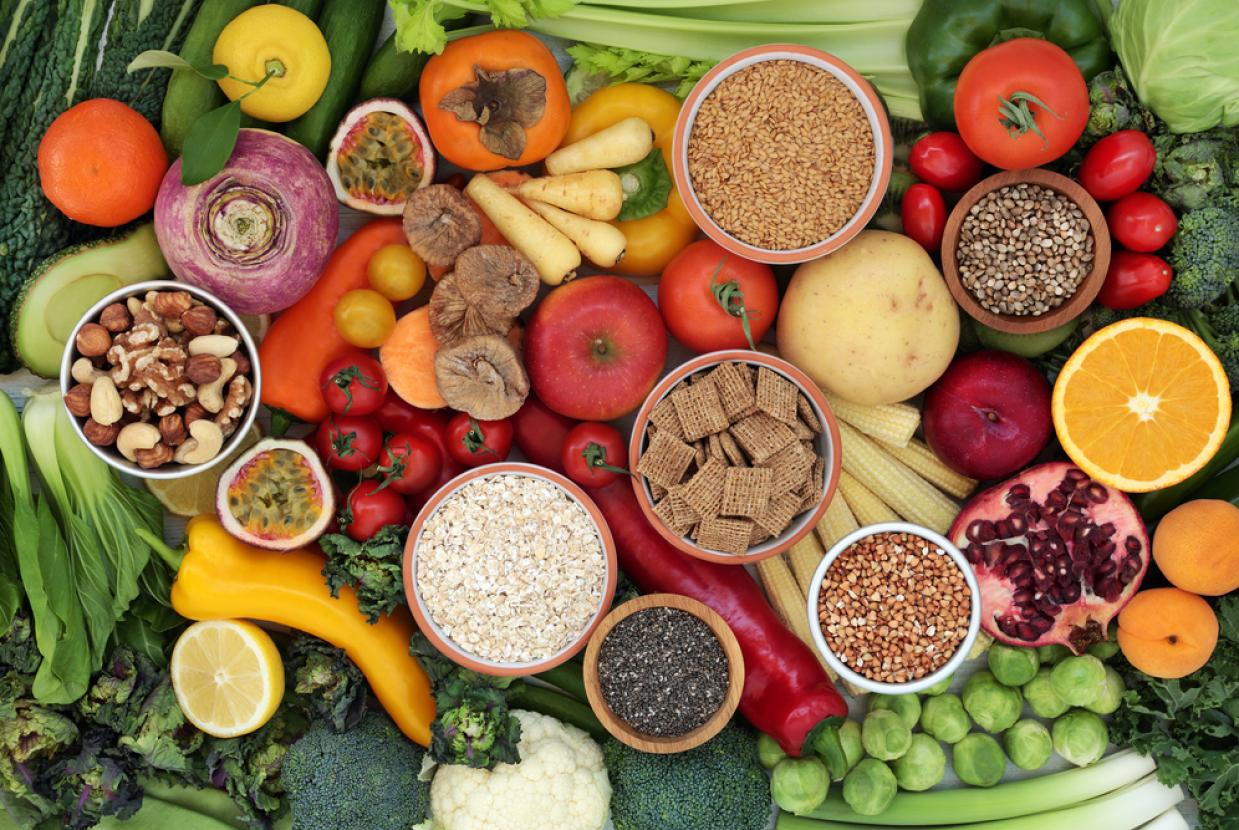Health During Pregnancy
Knowing what to eat and drink, what supplements to take and what to avoid goes a long way to ensuring the health of both you and your baby during pregnancy.
Folic acid
If you are planning to have a baby or discover you are pregnant, it is recommended that you start taking 400 micrograms (mcg) of folic acid every day, as early as possible. You should continue to do so until you are 12 weeks pregnant.
This vitamin is known to reduce the risk of spina bifida. If you have diabetes, epilepsy, coeliac disease or a family history of spina bifida, you may need to have a higher dose of folic acid (5mg) prescribed by your doctor.
Vitamin D
You need vitamin D to keep your bones healthy and to provide your baby with enough vitamin D for the first months of their life.
What to eat
When pregnant, or trying to get pregnant, your diet should include plenty of protein, fibre, calcium, iron and other minerals and vitamins.
Further advice is available at:
Avoiding iron deficiency
Pregnant women can become deficient in iron so it is important to eat plenty of iron-rich foods.
A good intake of vitamin C through fruit, vegetables and juice helps your body to absorb iron.
If your iron level is low, your doctor or midwife will advise you to take iron supplements.
To read more about iron deficiency anaemia, go to:
Food and drink to avoid
Some food and drinks which are usually harmless can cause problems during pregnancy.
Find out what food and drinks you should be careful with at:
Exercising during pregnancy
Regular physical activity during pregnancy improves mood, sleep and fitness. Exercise also:
- helps prevent gestational diabetes
- controls weight gain
- reduces hypertensive disorders
Exercise improves your circulation, which is good for both you and the baby. Giving birth is physically demanding. By keeping fit, you will be better equipped to give birth. It's important to ask your doctor for advice before starting physical exercise. If you aren't active already, start gradually and build exercise into your day.
Contact with animals during pregnancy
There are certain animals and products associated with animals you should avoid when pregnant. Cats' faeces may contain a disease that could damage your baby, so:
- avoid emptying litter trays, or wear disposable rubber gloves
- clean litter trays daily by soaking them with boiling water for ten minutes
- avoid close contact with sick cats
- wear gloves when gardening, even if you don't have a cat in case the soil is contaminated with faeces
Also, avoid lambing, milking ewes and all newborn lambs. It is also best to avoid pigs or pigs faeces.










































































































